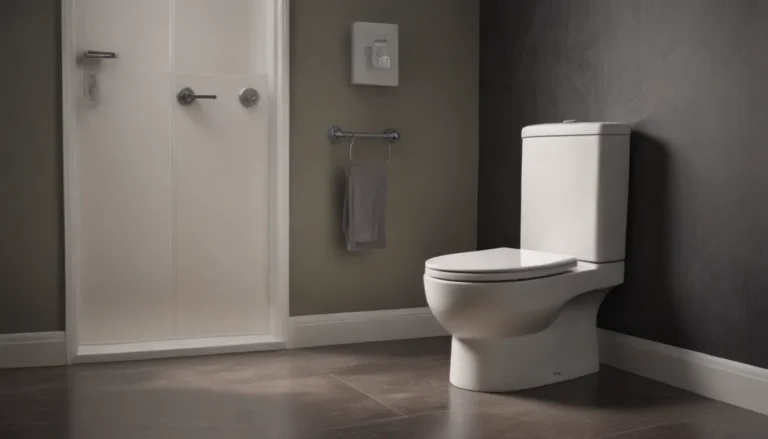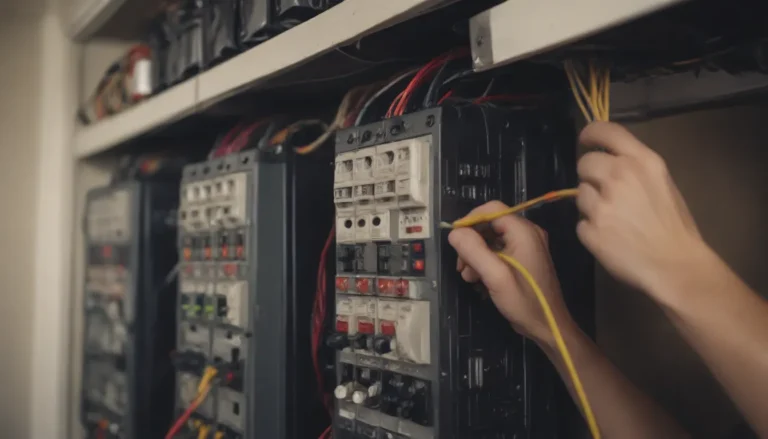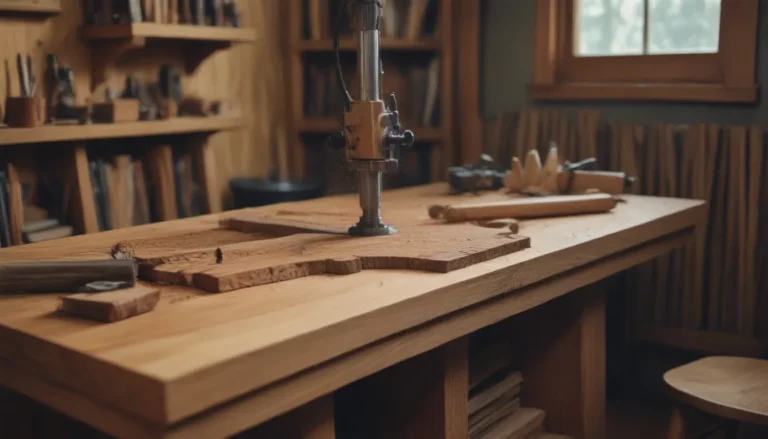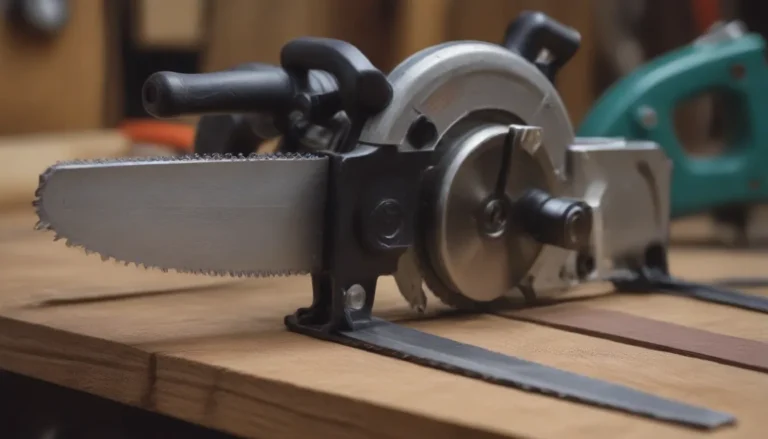The Ultimate Guide to Hot Water vs. Steam Radiators: Everything You Need to Know
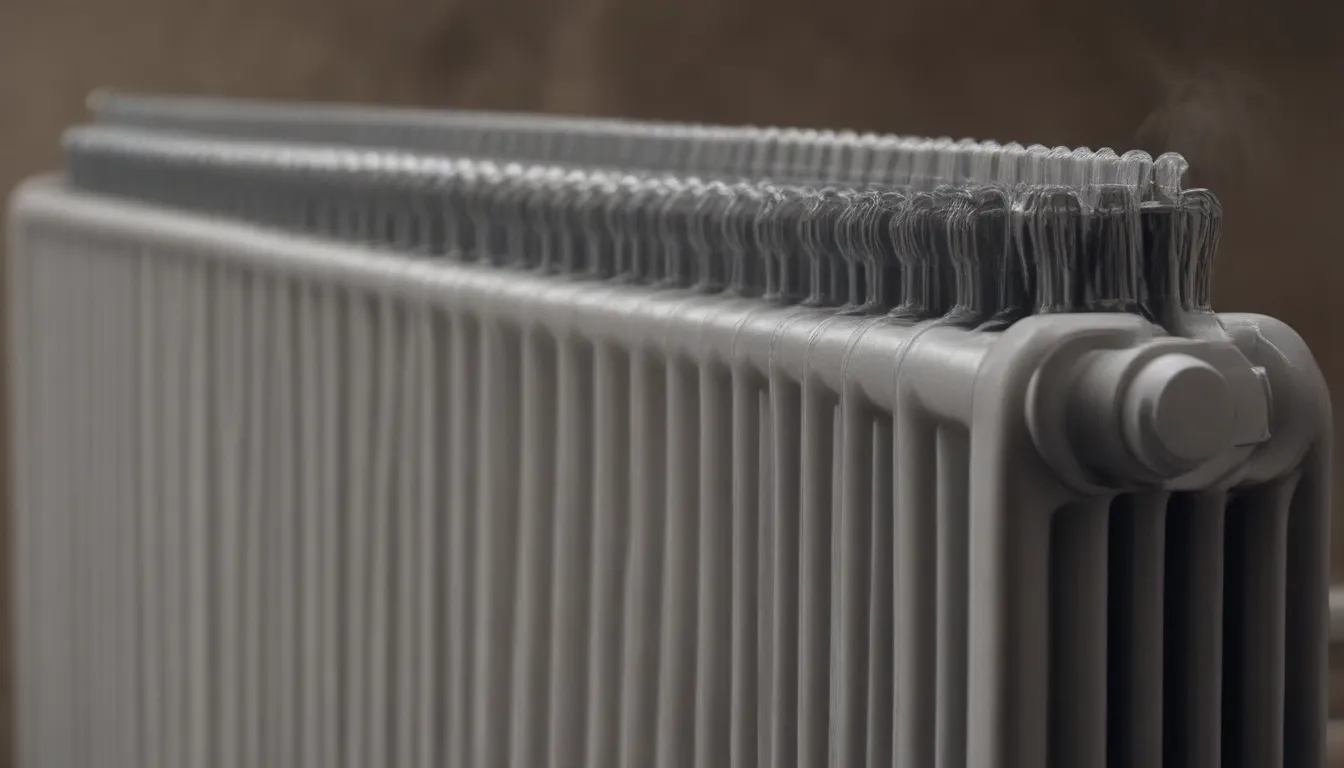
Are you considering a hot water or steam radiator system to heat your home? Both options have their benefits and drawbacks, and choosing the right one for your space is essential. In this comprehensive guide, we will explore the major differences between hot water and steam radiators, their key features, appearance, repair and maintenance, humidity levels, noise levels, energy use, and more. By the end of this article, you will have all the information you need to make an informed decision about which type of radiator is best for your home.
Hot Water vs. Steam Radiators: Understanding the Basics
Hot water radiators rely on water that is heated from a central boiler and circulated through the system to provide heat. They can operate in a one-pipe or two-pipe system, depending on the design of your home. On the other hand, steam radiators use steam as the heating source, which is created in a separate furnace and distributed through supply pipes into the radiators. If your house was built pre-1950, it likely has original steam radiators.
Key Features
Let’s delve into the key features of each type of radiator:
-
Hot Water Radiators:
- One-pipe system
- Two-pipe system
-
Steam Radiators:
- One-pipe system
- Two-pipe system
Appearance Matters: Hot Water vs. Steam Radiators
The appearance of your radiator can have a significant impact on the overall look and feel of your space. Here’s how hot water and steam radiators differ in terms of aesthetics:
Hot Water Radiators
Hot water radiators can come in various styles, including traditional freestanding or wall-mounted options, as well as low-profile baseboard heaters with a modern design.
Steam Radiators
Steam radiators typically have a more classic appearance, with freestanding stand-up units featuring visible fins. Vintage cast iron steam radiators may have ornate detailing like scrollwork and floral motifs.
Tip: Some older steam radiators are scalable, allowing you to customize the width of the radiator based on your needs.
Best for Appearance: The choice between hot water and steam radiators ultimately comes down to personal preference. Whether you prefer a sleek modern look or a vintage design, there are options available for every taste.
Repair and Maintenance: Keeping Your Radiator System Running Smoothly
Ensuring your radiator system is well-maintained is crucial for its longevity and efficiency. Here’s what you need to know about repairing and maintaining hot water and steam radiators:
Hot Water Radiators
Hot water radiators are prone to trapped air, which can be easily rectified by bleeding the system. This process involves opening a valve on each radiator to release any trapped air bubbles.
Steam Radiators
Steam radiators can be messier to maintain due to escaping steam, which can cause warped floors in older homes with steam systems. Additionally, there is a rare but potential risk of furnace explosions with steam radiators.
Tip: Hot water radiators are generally easier to maintain and repair compared to steam radiators, making them a more convenient option for many homeowners.
Best for Repair and Maintenance: Hot Water Radiators
Humidity Levels: The Impact of Your Radiator System on Indoor Air Quality
Maintaining the right humidity levels in your home is essential for your comfort and health. Here’s how hot water and steam radiators differ in terms of humidity:
Hot Water Radiators
Hot water radiators do not contribute to increasing humidity levels in the rooms, which may be a drawback during dry winter months.
Steam Radiators
Steam radiators emit steam as a byproduct of the heating process, which can help increase humidity levels in the rooms, making the indoor environment more comfortable during the winter.
Best for Humidity: If you live in an area with dry winter weather, steam radiators can be beneficial in adding moisture to the air and improving overall comfort levels in your home.
Noise Levels: Keeping Your Home Quiet and Comfortable
The noise level of your radiator system can impact your quality of life at home. Here’s what you need to know about noise levels with hot water and steam radiators:
Hot Water Radiators
Hot water radiators may produce occasional clanging or hammering sounds due to trapped air in the pipes, but they are generally quieter than steam radiators.
Steam Radiators
Steam radiators are known for their characteristic noises, including clanking pipes and hissing steam. While these sounds are a normal part of living with steam radiators, they may not be ideal for those seeking a quieter environment.
Best for Noise: If a quiet home is a top priority for you, hot water radiators are the better choice due to their lower noise levels compared to steam radiators.
Energy Use: Evaluating Efficiency and Cost-Effectiveness
Energy efficiency is a crucial factor to consider when choosing a heating system for your home. Here’s how hot water and steam radiators stack up in terms of energy use:
Hot Water Radiators
Hot water radiators are considered more energy-efficient than steam radiators, as they use pumps to circulate water at a predictable rate, resulting in faster heat delivery.
Steam Radiators
Steam radiators are less energy-efficient than hot water radiators, as it takes longer to boil water and generate steam for heat distribution.
Best for Energy Use: In terms of energy efficiency, hot water radiators have the edge over steam radiators due to their faster heat delivery and predictable system operation.
Making the Choice: Hot Water vs. Steam Radiators
Ultimately, the choice between hot water and steam radiators will depend on your specific needs, preferences, and the existing infrastructure of your home. While hot water radiators are more common in newer homes and offer several advantages in terms of efficiency and maintenance, steam radiators have their own unique charm and benefits.
The Verdict: Hot water radiators are generally a safer and more practical option for most homeowners, thanks to their ease of maintenance, energy efficiency, and quieter operation. However, if you appreciate the classic look and added humidity benefits of steam radiators, they may be the right choice for your home.
In conclusion, both hot water and steam radiators have their pros and cons, so it’s essential to weigh the factors that matter most to you when making your decision. Whether you choose hot water or steam radiators, you can rest assured that both systems offer reliable and effective heating for your home.
Source: Heat Distribution Systems. United States Department of Energy.
By considering the key differences between hot water and steam radiators, you can make an informed choice that suits your heating needs and preferences. Whichever option you choose, proper maintenance and regular servicing are essential to ensure your radiator system operates efficiently and effectively.
